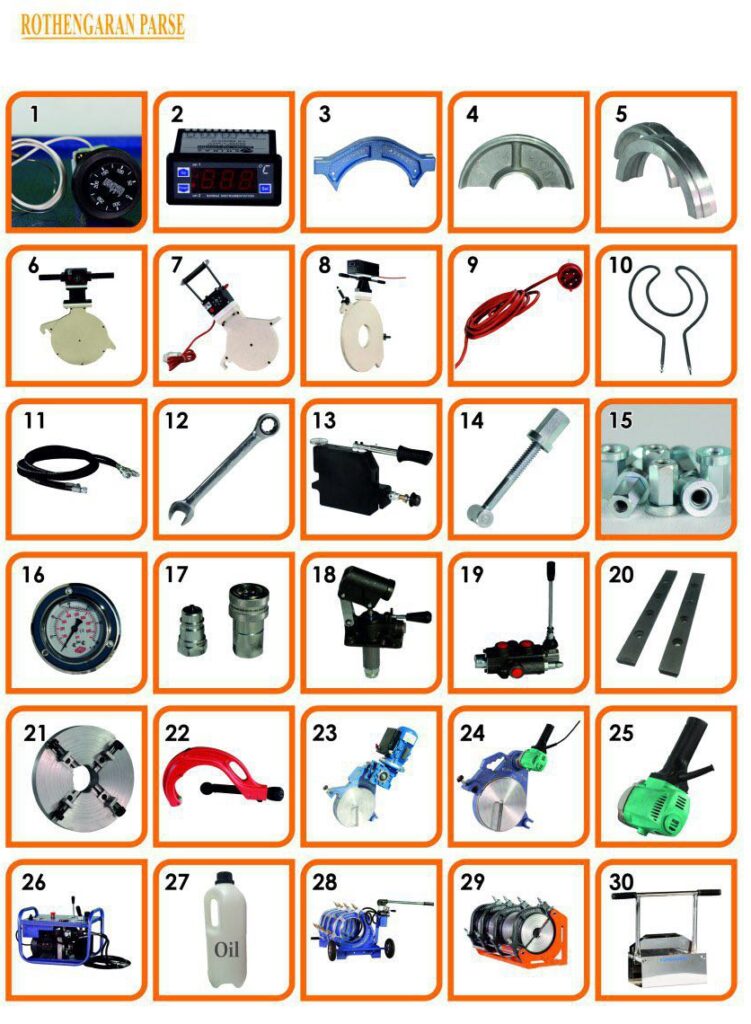Polyethylene Equipment
Understanding Polyethylene Equipment: A Comprehensive Guide
Polyethylene equipment plays a crucial role in industries ranging from manufacturing to healthcare, owing to its durability, versatility, and cost-effectiveness. Whether you’re in construction, agriculture, or any field requiring robust plastic solutions, understanding polyethylene equipment can significantly enhance operational efficiency.
What is Polyethylene?
Polyethylene is a lightweight, durable plastic widely used in various applications. Derived from ethylene, it is one of the most commonly produced plastics globally. Its flexibility, chemical resistance, and weatherproof properties make it an excellent material for manufacturing equipment and tools.
Types of Polyethylene Equipment
Polyethylene equipment comes in many forms, each tailored for specific applications. Some of the most common include:
- Polyethylene Storage Tanks
- Ideal for storing water, chemicals, and other liquids.
- Resistant to corrosion and environmental factors.
- Pipes and Fittings
- Used in plumbing, irrigation, and industrial applications.
- Known for their longevity and leak-proof performance.
- Polyethylene Sheets
- Often used as liners for construction and agriculture.
- Provide excellent insulation and moisture resistance.
- Containers and Crates
- Widely used in logistics and storage.
- Lightweight yet capable of handling heavy loads.
- Protective Equipment
- Includes helmets, shields, and protective gear.
- Offers high impact resistance and durability.
Advantages of Polyethylene Equipment
Polyethylene’s popularity stems from its numerous benefits:
- Durability: Resistant to impact, weather, and chemicals.
- Cost-Effective: Affordable compared to metals or other high-performance materials.
- Lightweight: Easy to transport and install.
- Eco-Friendly Options: Recyclable grades of polyethylene are available.
Applications of Polyethylene Equipment
Polyethylene equipment is integral to various industries:
- Construction: Used in formworks, waterproofing, and insulation.
- Agriculture: Ideal for irrigation systems, greenhouse covers, and storage.
- Healthcare: Found in medical containers and protective gear.
- Chemical Industry: Essential for transporting and storing corrosive substances.
Maintenance and Longevity
Proper maintenance ensures the longevity of polyethylene equipment. Here are some tips:
- Regular Cleaning: Prevent buildup of dirt and chemicals.
- Avoid Extreme Conditions: While durable, prolonged exposure to intense heat can degrade the material.
- Inspect for Cracks: Address minor damages early to prevent larger issues.
Choosing the Right Polyethylene Equipment
When selecting polyethylene equipment, consider the following:
- Grade of Polyethylene: High-density polyethylene (HDPE) is ideal for heavy-duty applications, while low-density polyethylene (LDPE) is better for flexible solutions.
- Manufacturer Reputation: Choose trusted brands with proven quality.
- Specific Needs: Match the equipment’s specifications to your application requirements.
Conclusion
Polyethylene equipment is an indispensable asset for countless industries. Its durability, versatility, and affordability make it a preferred choice for a wide range of applications. By understanding the types, advantages, and maintenance practices, you can maximize the benefits of polyethylene equipment in your operations. Always choose the right grade and supplier to ensure optimal performance and longevity.

